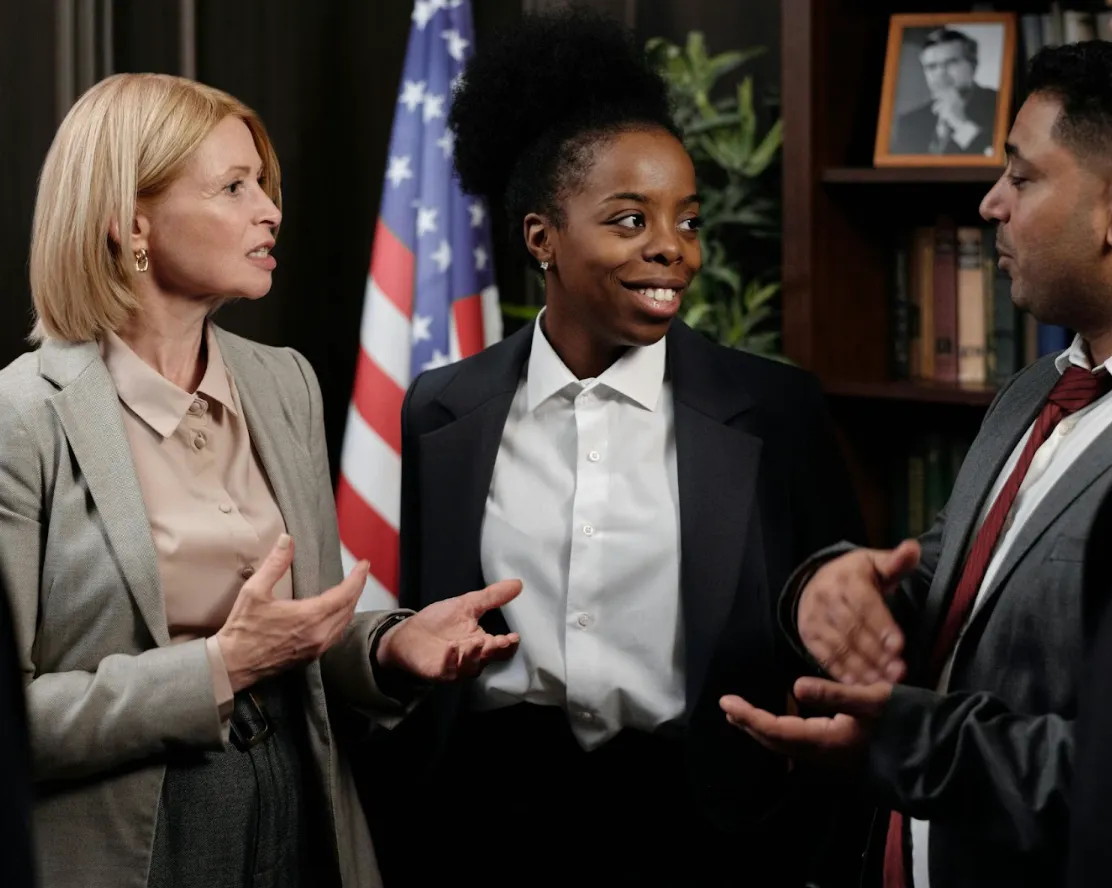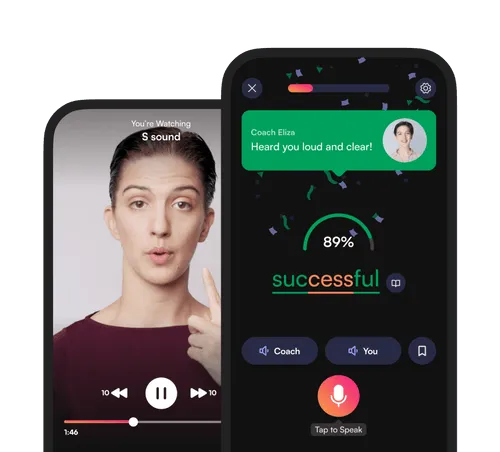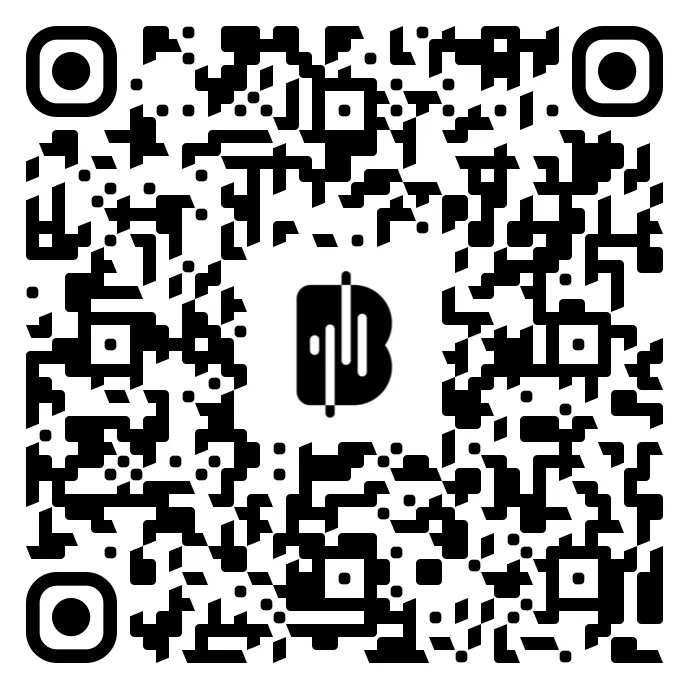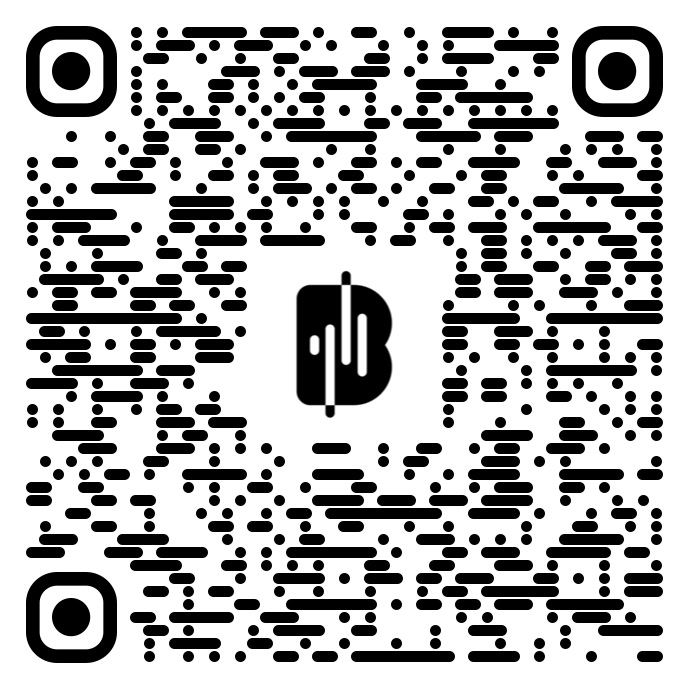Politeness is a key aspect of American culture, playing a vital role in bolstering positive interactions. For non-native speakers and foreigners in the US, using the right polite phrases in the appropriate contexts can help you build good relationships and enhance perception among native speakers.
Polite expressions also foster effective communication at work and in networking settings, bolstering your professional relationships and helping you refine your overall communication skills.
In this guide, you'll find 25 essential polite phrases that will enhance your communication skills, making it easier to connect with others and leave a lasting impression. Embrace these polite expressions to blend seamlessly into American society and improve your interactions.
1. Please This is one of the essential polite phrases in English that can show respect and make your requests more considerate. Using "please" when you need assistance softens your tone and makes others more inclined to help you.
For example, when you're at a dinner table and need something, you can say, "Could you pass the salt, please?"
Note that "please" is pronounced with an "EE" vowel sound . To pronounce this vowel like a fluent American speaker, follow these tips from BoldVoice's Coach Eliza:
VIDEO
2. Excuse me This phrase is incredibly useful for getting someone's attention or apologizing for a minor disruption. It shows that you are mindful of the other person's time and space.
Assuming you need directions to the restroom in a hotel, for instance, you might say, "Excuse me, could you tell me where the restroom is?"
Take your free accent assessment Get to know your pronunciation level and get 7 days of lessons for free on the BoldVoice app.
Start Free Trial
3. Thank you Using “thank you” shows gratitude, and this makes it one of the most important polite phrases to use in the US.
When someone does something kind for you, you can respond with "Thank you for helping with [...]," which makes them feel appreciated and valued.
4. Let me know The phrase “let me know” is direct yet polite, indicating that you are open to receiving updates or information. It avoids being demanding or impatient, fostering a positive and cooperative communication style.
Assuming you were working with a colleague on a project and would like them to give you periodic feedback, you can say, “Please let me know when you have an update on the project.”
In this case, you want to avoid being abrupt and less considerate by saying “Just let me know when you’re done with it.” Combining polite phrases, for instance by incorporating "please," enhances the politeness of the request.
5. You’re welcome Using this phrase shows you acknowledge someone’s expression of gratitude and demonstrates good manners.
For instance, if you’re a customer service agent and have just helped a customer solve a problem, you can acknowledge their gratitude by saying "You're welcome! I’m glad I could assist you." Avoid saying “no problem” in response because it can seem dismissive to some English speakers.
6. I’m sorry “I’m sorry” is a sincere and respectful way to express regret or apologize. Using this polite vocabulary English conveys a deeper meaning compared to terms like “my bad” and “it’s not a big deal.”
Additionally, you can use this phrase in both casual and professional settings.
7. Could you...? When making a request, this phrase helps to make it sound less demanding and rude in different contexts. Employing the conditional sense is a great way to enhance the politeness of a phrase, in a more formal situation as well as in social situations.
When making a request at work, you might say, "Could you help me with this task when you have a moment?" to show you value their time and assistance.
In a casual setting, like asking a friend for a favor, you could say, "Could you help me zip up this dress?"
8. Do you have a moment? Before diving headfirst into a conversation with a person, you can use this phrase to politely ask if they are available to talk. It shows respect for the other person's time and allows them the opportunity to respond based on their availability.
For instance, instead of saying, “I need to talk to you now,” say, “Do you have a moment to discuss the upcoming project?”
9. I’m not so sure that’s a good idea This polite English phrase comes in handy when you have to express doubt about a suggestion. You want to convey your hesitation while keeping their feelings in mind and without sounding too harsh.
For instance, instead of bluntly saying, “That’s such a bad idea,” you might say, “I’m not so sure that’s a good idea; maybe we should consider another approach.”
10. After you The phrase “after you” is a polite way to allow someone to go ahead of you. It is typically used in situations where order matters, like walking through a doorway or taking food.
A good example is letting your colleague order a drink before you by simply saying, “After you, please. I’m not in much of a hurry.”
11. Pardon my interruption In American manners and etiquette, it may be rude to interrupt a person when you find them engaged in the midst of a thought or story. If you must interrupt, you should use this polite English phrase to politely call their attention, especially mid-conversation.
For instance, “Pardon my interruption, but I have a quick question about the project.”
12. It would be my pleasure Perhaps your boss offers you the opportunity to work with him on a major career-changing project. “It would be my pleasure” is the best polite way to express willingness or enthusiasm in this setting.
You can say, “It would be my pleasure to help you with your request.”
This expression can be employed in a wide range of situations, from job interviews to informal gatherings and everything in between.
13. With all due respect This phrase is used to preface a statement that may be critical or contradictory while still maintaining a respectful tone. It signals that you intend to express a different opinion or perspective without being disrespectful.
However, you want to avoid using it in a confrontational manner or as a way to dismiss someone’s opinion. So, instead of saying, “With all due respect, I think you’re wrong ," you could say, “With all due respect, I have a differing perspective on this matter. I think we should consider [...]”
14. Please allow me “Please allow me” is a formal, direct way to request permission or express a desire to do something. It conveys respect and acknowledges the other person’s authority or decision-making role.
For instance, in a workplace setting you might ask a superior: “Could you please allow me to make amends for the oversight in the project timeline?”
15. I beg your pardon When seeking clarification or apologizing for a misunderstanding, you can say, “I beg your pardon.” This maintains politeness and shows your willingness to understand the context.
Note that this particular polite expression is often expressed as a question, with a rising intonation pattern : "I beg your pardon?" ↗
As an alternative, you might say something like, “Could you kindly repeat that for me?”
If you're unsure how to pronounce some of these polite phrases, the BoldVoice app is your best friend. Download the app today and receive immediate feedback on your pronunciation!
Take your free accent assessment Get to know your pronunciation level and get 7 days of lessons for free on the BoldVoice app.
Start Free Trial
16. I’m afraid that… “I’m afraid that…” may not always mean fear in its true sense. In some contexts, this is one of the polite phrases in English that demonstrates regret or caution.
Assuming you’ve made plans for dinner with a partner and have to cancel due to unforeseen circumstances, you can say, “I’m afraid that I won’t be able to join you for dinner tonight due to a prior engagement.”
17. That means a lot to me When someone says “that means a lot to me,” they’re expressing deep significance or importance attached to something. It could be a gesture, a gift, words or encouragement, or any action that holds a personal value to them.
This term is polite English and shows sincere gratitude. For example, “Your kind words mean a lot to me; they are truly appreciated.”
18. If it’s not too much trouble This is a polite way of requesting something without imposing undue inconvenience.
In a professional setting, one might say to a colleague, “If it’s not too much trouble, could you kindly provide your feedback by the end of the week?” This phrase acknowledges that you understand your colleague might be busy or have other priorities, while still communicating your request effectively.
19. I appreciate your understanding One of English's classic polite expressions, saying “I appreciate your understanding” shows gratitude for someone’s patience or comprehension in a situation that might be inconvenient.
For instance, when a customer continues to dine despite the absence of new recipes, you could say, “I appreciate your understanding regarding the limited menu options.”
20. Could I please get your opinion? “Could I please get your opinion?” demonstrates respect for the other person’s perspective. This is a much very courteous and respectful way to ask for feedback or input from your colleagues or friends.
If you're unsure about a potential date night outfit and you want a second opinion from a friend, for instance, you might start the conversation by saying "could I please get your opinion on this outfit?"
21. I would be grateful If/ I'd appreciate it if... These are both polite phrases that convey a sense of sincere politeness when making a request. For example, when seeking assistance from a colleague, you could say, "I would be grateful if you could lend your expertise to this project. Your insights would be invaluable ."
Conversely, if you want to request to take home some leftover food after Thanksgiving dinner , you can say, "I've really enjoyed the meal tonight, especially the cake. If you have any leftovers, I’d appreciate it if you let me pack some to take home."
22. I think you might be mistaken It's normal to feel frustrated when correcting someone. Sometimes, we’re tempted to get confrontational and just say, “You’re absolutely wrong.”
However, that wouldn't be very polite. To demonstrate good manners, the more ideal thing to say is, “I think you might be mistaken about...”
This approach helps maintain a respectful and collaborative atmosphere in your conversation.
23. I understand this might not be ideal Acknowledging potential issues or drawbacks when making a request can add a layer of professionalism and consideration to your communication.
Use polite phrases like “I understand this might not be ideal” to soften the impact of your request by recognizing and acknowledging potential inconveniences or challenges.
24. I regret to inform you How do you deliver unfortunate news with empathy? For instance, simply saying “we're unable to proceed with your application” lacks an empathetic tone compared to “I regret to inform you that we can’t proceed with your application.”
This is a polite way to express regret and empathy when delivering disappointing news.
25. Whenever you have a moment A courteous way to request someone’s attention without being too demanding is to use polite phrases like, “whenever you have a moment, could you please..."
Imagine you need assistance with a technical issue and you want to ask your colleague to help you. You could say, "Whenever you have a moment, could you please help me troubleshoot this computer error? It's preventing me from completing my work."
Master Polite Phrases in English with BoldVoice American manners revolve around politeness and courtesy when speaking, as this is an integral part of US culture. For non-native English speakers, these polite phrases can help enhance speaking with confidence and courtesy, helping you blend into American culture. They also contribute to building rapport and enhancing reputation among American communities.
Practice the polite phrases in this article and expand your vocabulary bank to help you refine your speech and speak with fluidity. For more tailored and structured learning, leverage BoldVoice , an accent training and speech platform designed to help you overcome communication barriers and build speech confidence.
Sign up for a 7-day free trial with BoldVoice and experience firsthand how enhancing your communication skills can transform your life.









